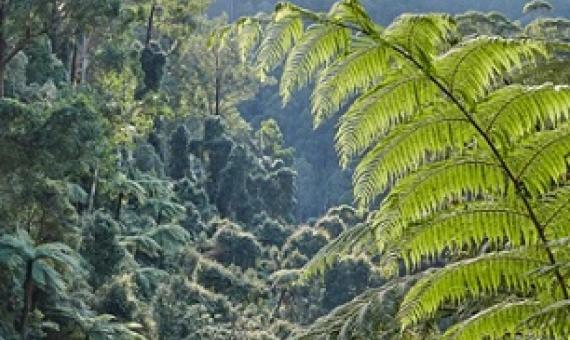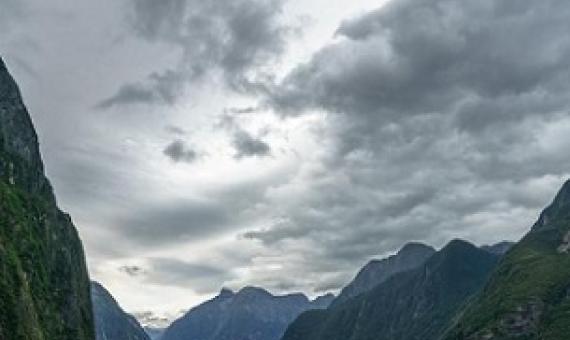10th Pacific Islands Nature Conference 2020: Sustainable & Regenerative Tourism in the Pacific - Tools for Making Progress (Video)
This session will highlight achievements and challenges for sustainable tourism and nature-based tourism in the region. It will do so by sharing examples whilst making an analysis of important dimensions such as:
1. Feasibility, also considering the impact of COVID-19
2. Measuring sustainability
3. Nature-based tourismCall Number: [EL]Physical Description: 1:01:16








